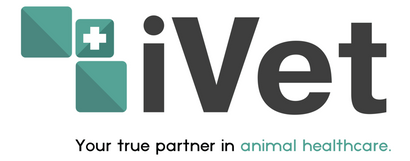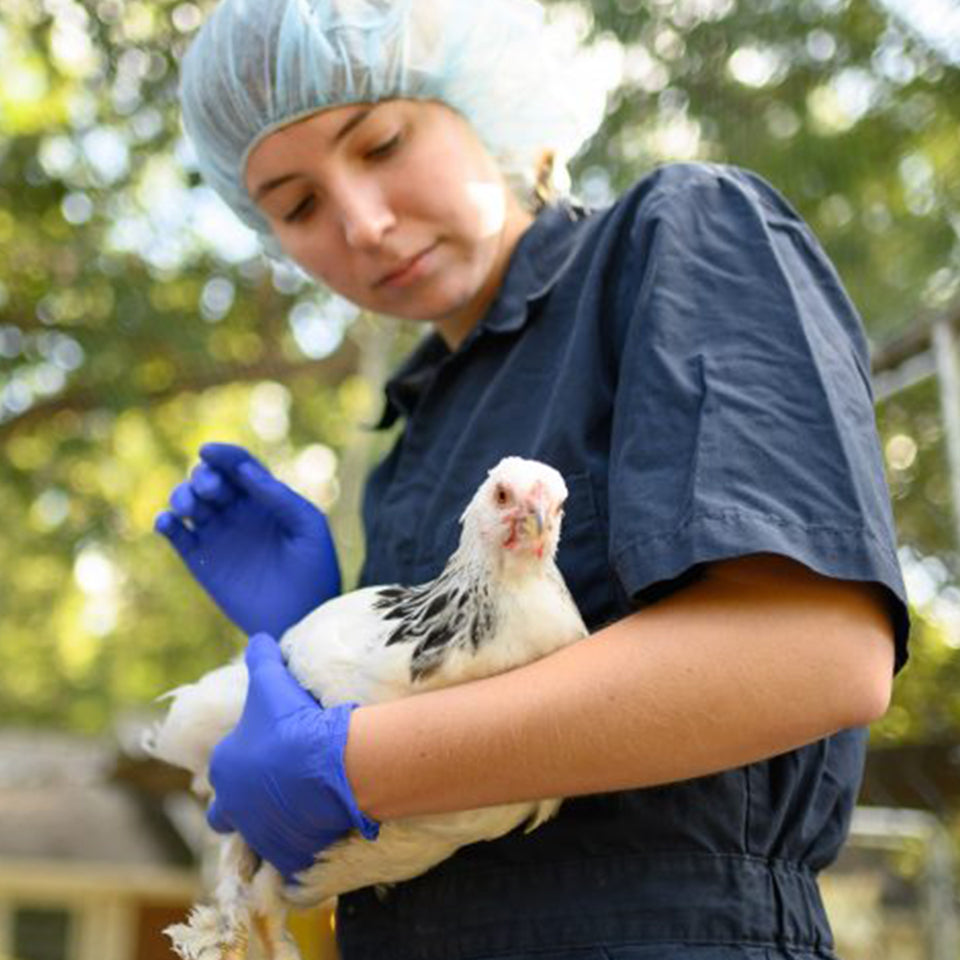According to The Vegan Society, “veganism is a way of living which seeks to exclude, as far as is possible and practicable, all forms of exploitation of, and cruelty to, animals for food, clothing or any other purpose.”
In 1944, the term "vegan" was coined. Since then, veganism has grown in popularity. So much so that there were an estimated 500,000 vegans in 2016, a significant increase from 150,000 in 2006.
Some authors say that in order to really fulfill the commitment to "ensure the health and welfare of animals," veterinarians should practice veganism, which has been characterized as a philosophy and way of life that rejects animal exploitation and cruelty. However, others believe that going vegan is a choice.
Veterinarians devote their life to saving the lives of animals, with the majority focusing on companion animals. They spend long hours every day caring for cats and dogs, as well as other companion animals, and are often forced to take heroic steps to rescue them.
They have, after all, taken an oath created by the American Veterinary Medical Association. Part of it states: “Being admitted to the profession of veterinary medicine, I solemnly swear to use my scientific knowledge and skills for the benefit of society through the protection of animal health and welfare, the prevention and relief of animal suffering, the conservation of animal resources, the promotion of public health, and the advancement of medical knowledge.”
Despite the fact that the oath does not specifically mention companion animals, many veterinarians' food choices do not reflect this. While they may not be eating cats and dogs, they are most certainly eating other animals such as cows, chickens, and pigs.

According to the 1966 Veterinary Surgeon's Act, veterinary medicine entails the following:
- Diagnosis of diseases in, and injuries to, animals, including tests performed on animals for diagnostic purposes.
- Giving of advice based on such diagnosis
- Medical or surgical treatment of animals.
- Performing surgical procedures on animals.
Veterinarians protect people, animals, and society
From issues like food safety and security, to diseases that can be transferred between people and animals, veterinarians have the unique knowledge and experience to address the many ways that animals and people impact one another.
Ensuring that animals have access to clean food and feed is vital to their health and the health of those who care for them. Salmonella, listeria, and other bacterial diseases can spread swiftly between humans and animals. Veterinarians have the most up-to-date scientific information to teach pet owners about choosing the correct diet for their animals and safely handling food to avoid the risk of bacteria-related illnesses.
Veterinary medicine is also at the forefront of food security, enabling the production of high-quality animal-derived foods free of microbial or chemical contamination.
So, should veterinarians be vegan?
While it is vital to consider the impact that a veterinarian's education may play in forming his or her ideas, an even more serious topic is whether veterinarians have a professional obligation to be vegan. If they have promised to defend animals, should they be eating animals when data reveal that 97 to 99 percent of meat consumed in the United States comes from factory farms where animals suffer for a lifetime?
This contentious question does not have a simple answer. “Because many veterinarians are employed in food animal production, that’s a tough sell, and I do not believe our oath requires this,” says Peter Soboroff, D.V.M., owner and director of New York Cat Hospital in New York City, who follows a pescatarian diet and acknowledges that food animal production is an ugly business. “Veterinarians are doing their best to ensure the health and well-being of those animals, but there is only so much you can say because these animals are still on their way to slaughter.”

However, for some, the cognitive dissonance and disassociation are concerning, which is why Laverdure-Dunetz recently sent an open letter to veterinarians questioning why they are not vegan. “I wanted to remind them of what I consider are their obligations not just to companion animals but all the animals they swore to protect,” she says.
Of course, diet is a personal choice, and no one can tell anybody else what to eat, as Ward acknowledges. But, regardless of what they eat, he wants vets to be a stronger advocate for those who cannot speak, particularly industrial farm animals. “It is our moral and professional responsibility to speak for all animals,” he says, adding that he has had veterinarians call him a quack because he is challenging the notion of killing animals for food. “These animals deserve to be treated compassionately and humanely, something most of the world agrees with, and in being better stewards of animal welfare, veterinarians should only condone the humane treatment of animals.”
The same goes when veterinarians are tasked with inspecting factory farms only to report that the animals are doing well. “Consumers are being sold this romantic vision of small family farms where animals are frolicking, but that’s disconnected from reality,” Ward says. “We are stuck with this legacy of food animal production that has morphed into this inhumane factory farming scheme, and that needs to change.”
If veterinarians continue to turn a blind eye to the abuse factory farmed animals suffer and not only support but also allow these practices to persist, they may be risking their credibility. “The public will wonder if they can trust veterinarians anymore,” Ward says.
In the end, turning vegan is a personal choice, but one that these experts hope vets will consider. After all, as future veterinarian DeZara says, “A vegan lifestyle coincides with a lot of the values of veterinarians, and at the end of the day, we all just want to save animals while promoting animal health, public health, and welfare.”


